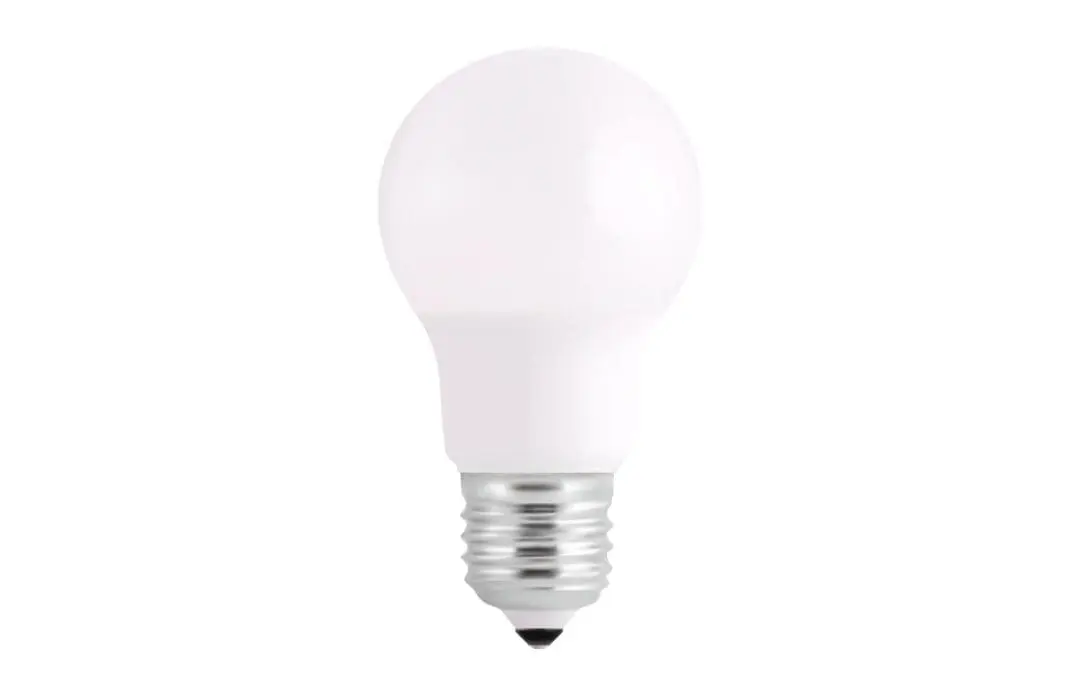Cutting energy usage at home carries multiple benefits for your wallet and the environment. Luckily, there are numerous simple yet effective ways to conserve energy right within the comfort of your own home. Here are ten tips on simple changes to save energy at home.
Upgrade to Energy-Efficient Appliances to Save Energy at Home
When it’s time to replace your old appliances, opt for energy-efficient models. Look for the ENERGY STAR label, which indicates that the appliance meets strict energy efficiency guidelines set by the Environmental Protection Agency (EPA).
Unplug Electronics When Not in Use
Many electronic devices continue to consume energy even when they’re turned off but remain plugged in. Make it a habit to unplug chargers, small appliances, and electronics when not in use, or use power strips to cut off power to multiple devices at once effortlessly.
Switch to LED Light Bulbs
LED bulbs use significantly less energy and last longer than traditional incandescent bulbs. Although they may have a slightly higher upfront cost, the savings in energy bills and replacement costs make them a wise investment in the long run.
Seal Air Leaks to Save Energy at Home
Inspect doors, windows, and other openings for air leaks and seal them with weatherstripping or caulking. This simple step can prevent heated or cooled air from escaping, reducing the workload on your HVAC system and lowering energy usage.
Install a Programmable Thermostat
A programmable thermostat allows you to adjust your home’s temperature based on your schedule, ensuring that energy is not wasted heating or cooling an empty house. Set it to automatically lower the temperature at night or when you’re away during the day.
Use Energy-Efficient Window Treatments
Install curtains, blinds, or shades designed to block out heat in the summer and retain warmth in the winter. This can help reduce the need for heating and cooling, ultimately saving energy.
Regular HVAC Maintenance
Schedule annual maintenance for your heating, ventilation, and air conditioning (HVAC) system to ensure it operates efficiently. Clean or replace filters regularly, and have a professional inspect the system for any issues causing it to work harder than necessary.
Reduce Water Heater Temperature to Save Energy at Home
Lowering the temperature of your water heater by just a few degrees can lead to significant energy savings over time. Most households don’t need water hotter than 120°F (49°C) for daily activities.
Air Dry Clothes
Instead of using a dryer, consider air drying your clothes whenever possible. Not only does this save energy, but it also helps preserve the lifespan of your clothing and reduces the need for ironing.
Save Energy at Home with Trees
Strategically planting trees and shrubs around your home can provide natural shade in the summer and act as a windbreak in the winter, reducing the workload on your heating and cooling systems.
By implementing these simple tips, you can meaningfully reduce your household’s energy consumption while saving money on utility bills. Remember, even small changes can add up to significant savings over time and contribute to a more sustainable future for our planet.
FAQs About Saving Energy
How can I make my kitchen more energy-efficient?
To make your kitchen more energy-efficient, you can use energy-efficient appliances, such as refrigerators, dishwashers, and stoves, cook with lids on pots and pans to retain heat, and avoid using the oven for small tasks like reheating leftovers.
Is it worth investing in solar panels for my home?
Installing solar panels can be a significant investment upfront, but they can lead to long-term savings on your energy bills and reduce your carbon footprint. Whether it’s worth it depends on location, available incentives, and energy usage.
How much can I save by making my home more energy-efficient?
The amount you can save varies depending on factors like the size of your home, your current energy usage, and the improvements you make. However, it’s common to see savings of 10-30% on energy bills by implementing energy-efficient measures.
Where can I find more information and resources on energy savings at home?
You can find more information and resources on energy savings at home from government websites, energy utility companies, environmental organizations, and reputable websites dedicated to energy efficiency and sustainability. Additionally, consider consulting with energy auditors or contractors for personalized advice on improving your home’s energy efficiency.
HomeVantage Home Inspections provides inspection services to homebuyers and sellers in Northern New Jersey. Contact us to schedule an appointment.

